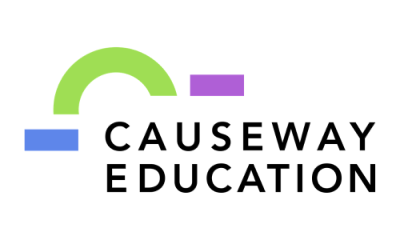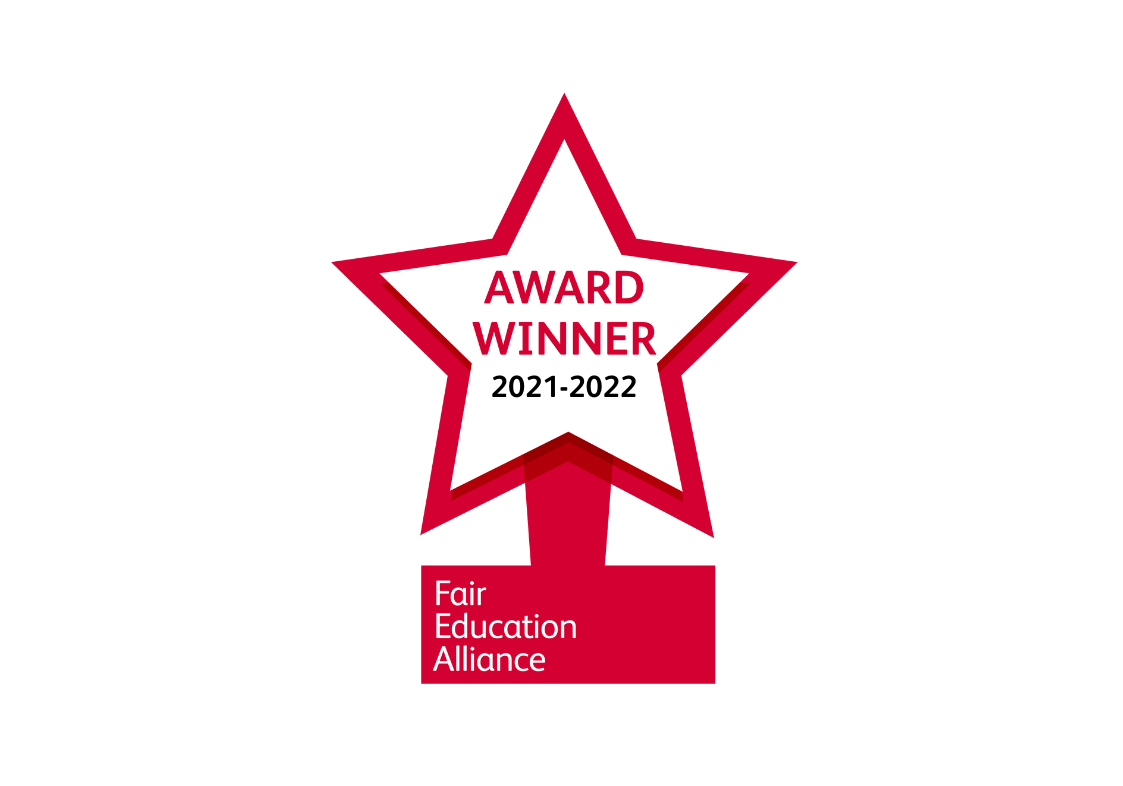The Beginning
Sam and Michael both attended state schools before meeting at university in 2001. Some years later, Michael, who was a director of studies at Cambridge University, was talking to Sam, a teacher in a South London comprehensive school, about his frustration at having to turn down bright state-educated applicants each year because they had a poor understanding of how to prepare and apply for university.
They were struck by the fact that, time and again, they saw students from state schools make the same mistakes in their university applications, putting them at a disadvantage when compared to candidates from independent schools.
The Access Gap
The evidence was stark: despite years of effort from universities, schools, and government, students from state schools were substantially less likely to be offered a place at a top university than those from independent schools, even if they had identical grades.
In short, at a crucial time in their lives young people were disadvantaged by an ‘access gap’: an underlying disparity in support that reduces the chances of state school applicants reaching their full potential.
APPLICATION MENTORING
With inside knowledge on what makes a strong application and expertise in teaching, they joined together and developed the Academic Apprenticeship in 2013, a structured approach to help students unlock the university application system. By following its four simple steps, students produce outstanding personal statements that present their academic abilities in the best possible light.
And it works: an evaluation by the Sutton Trust in 2016 showed that every single student in a trial group following the Academic Apprenticeship got an offer from a Russell Group university, compared to 73% of a comparison group. In 2021, the Academic Apprenticeship was renamed Application Mentoring, but its core purpose of supporting students facing barriers to HE to develop outstanding applications remained unchanged.
But the quality of a personal statement isn’t just down to the student. It quickly became apparent that some students were getting conflicting advice from their teachers. Further evidence showed that teachers often disagreed with admissions tutors on what makes a strong personal statement, frequently giving students advice that actively decreased the chances of their application being successful.
To make real progress, teachers needed support to understand how to prepare students for the application system.
Access Champions
By 2016, the growing team at Causeway could draw on expertise from across schools, universities and the 3rd sector, and we channelled this into developing Access Champions. This programme gives senior teachers the knowledge and tools to embed excellent practice in their school so every student can reach their potential year after year. Analysis of UCAS Exact data shows participating schools have achieved significant increases in HE progression rates above the national average, in particular to higher tariff institutions.
What’s next?
Ten years since we launched, while the access gap remains, there’s compelling evidence that these programmes make a measurable difference to the life chances of young people.
And this is just the beginning: we’ve broadened our focus to look not only at the state/private divide, but also a whole range of other factors which contribute to the “Access Gap”.
We’ll keep working to ensure under-represented students produce the highest quality applications and are in the best possible position to make informed choices. We’ll keep working to ensure progression is not determined by privilege.








